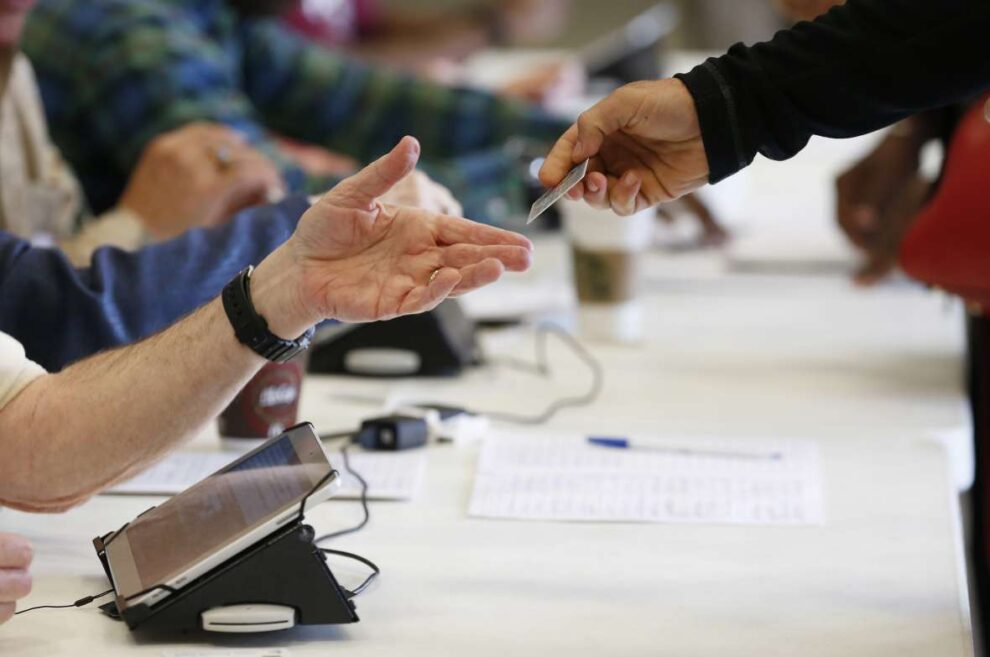Voter ID referendum approved on April 1 Wisconsin elections by a wide margin, while State Supreme Court seat won by Democrat candidate Susan Crawford.
The election had two main functions: to determine majority control in the Supreme Court and to decide on an election integrity referendum proposing a constitutional requirement for voter ID at the polls.
Susan Crawford won the Wisconsin Supreme Court seat over Trump and Musk-backed Republican candidate Brad Schimel in the April 1 elections in the major swing state. Crawford’s win retains the 4-3 Democrat majority in the Wisconsin Supreme Court, a state currently navigating the balance between a republican legislature and a Democratic governor.
President Trump, and his head of The Department of Government Efficiency, Elon Musk, publicly endorsed candidate Brad Schimmel, emphasizing the national significance of the Wisconsin election outcomes, including the voter ID referendum, and ensuring national interest in the contest.
Democrats, including Susan Crawford, have historically opposed voter identification measures on the basis that they disenfranchise many who would otherwise be eligible to vote. Republicans, on the other hand, have rallied for it as a necessary means for protecting elections against fraud, and have rejected the argument against disenfranchisement since potential voters without ID have recourse to procuring election ID through the DMV.
Though Crawford won a seat in the courts, her opposition to voter ID laws did not win out. The proposed voter ID requirement was approved, causing President Trump to post on Truth: “Democrats fought hard against this, presumably so they can CHEAT. This is a BIG WIN FOR REPUBLICANS, MAYBE THE BIGGEST WIN OF THE NIGHT. IT SHOULD ALLOW US TO WIN WISCONSIN, LIKE I JUST DID IN THE PRESIDENTIAL ELECTION, FOR MANY YEARS TO COME!”
Voter ID, already required by State Law in Wisconsin, is now elevated to protection in the State Constitution, securing the measure against future challenges from the liberal majority State Supreme Court. Though the liberals won the court majority, Wisconsin has now become a leading state in the republican push for increased election security via voter identification.
The newly approved measure states that “a qualified elector may not vote in any election unless the elector presents photographic identification issued by this state, by the federal government, by a federally recognized American Indian tribe or band in this state, or by a college or university in this state, that verifies the elector’s identity.”
Tuesday’s Wisconsin elections was the most expensive supreme court race in U.S. history.











